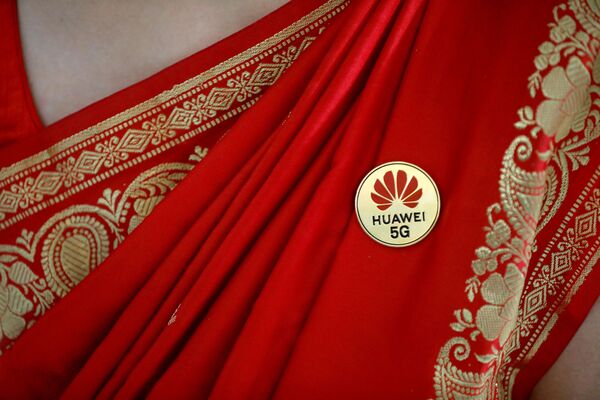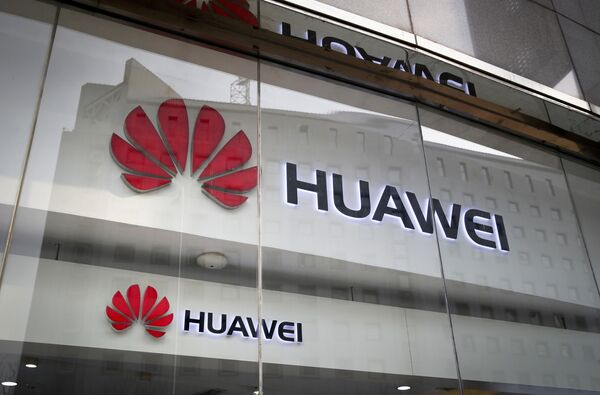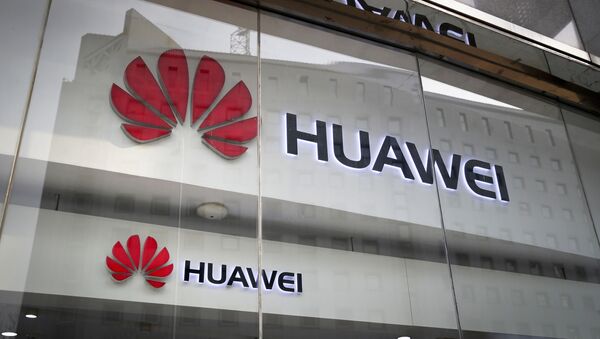"I think these [sanctions] are very generic, and that goes with everything that bites you. It gives a bit of a pinch. It gives a bit of a blink of an eye going like ugh [grunts]. But usually after that, you recover, which we did, you stand up and move along, which we did. You shrug off, so to speak, which we have. In this case, actually [the sanctions were] not a challenge, [they] created a great opportunity, for example, to create a new mobile platform that we were able to accelerate a bit stronger", Diender said.
The vice president added that the sanctions moved Huawei away from relying on US companies for technologies and fast-tracked it into implementing its own manufacturing and production innovations.
"It helped us create faster a scenario where based on our complete and our own innovations, our complete and our own research and development and our complete and our own manufacturing and provisioning of systems and services to create solutions that are completely by ourselves and of our own and still at the highest level of quality and performance, which I think before all of this would have taken a little longer to bring to market", Diender said.
Huawei has been moving toward self-reliance over the past six years as part of its business strategy that aims to steer the company away from relying on external factors that could potentially make it vulnerable to unpredictable situations, such as the recently introduced US sanctions, the vice president said.

Huawei contributes about $11 billion annually to the US economy through the purchase of electronic components for its products. If the sanctions, which were introduced in May, but have since been postponed twice, go into effect as planned on 19 November, the United States will not only suffer a multibillion-dollar loss but will also lose about 55,000 jobs that Huawei indirectly provides through investments in the US economy.
Earlier in May, the US put some Chinese firms, including the telecom giant Huawei, on a blacklist, restricting them from purchasing American technologies without the US government's permission. Washington has accused the companies of spying for the Chinese government, which both Beijing and Huawei vehemently deny.
Huawei Deals Sealed at SPIEF with Russian Telecom Firms to be Implemented within 18 Months
"We have signed interesting memorandums of understanding that are very promising and very — not even opportunistic — but very clear, tangible and deliverable within 12 to 18 months from now, together with the partnerships that we have with Rostelekom, Megafon, Beeline and MTS...at the economic forum in St. Petersburg a few months ago", Huawei Vice President and Chief Digital Transformation Officer Edwin Diender said, adding that Huawei had also signed an agreement with the city and region of St. Petersburg.
Additionally, the vice president said that Huawei planned to sign additional memoranda of understanding with Russia throughout various industries.
"And that shows exactly how strongly we are partnering with, and how very honoured we are to be a strong partner for the Russian Federation already", Diender said.
In June, Huawei announced plans to develop a number of engineering centres in Russia and launch additional health and pharmaceutical-related projects in partnership with Russian companies.

In mid-October, the CEO of the Moscow Agency of Innovations, Alexey Parabuchev, said that the Moscow government and Huawei were discussing the expansion of the tech giant’s presence in the Russian capital through creating new research and development centres as part of a broader agenda to enhance cooperation with Moscow-based tech start-ups and corporations.
There are currently two Huawei research and development centres in Russia, located in Moscow and St. Petersburg, which together employ 550 people. Huawei reportedly intends to hire another 1,500 people over the next five years. The company also seeks cooperation with Russian scientific communities, universities and research facilities.

